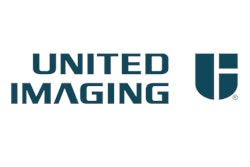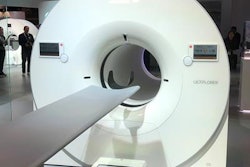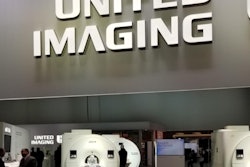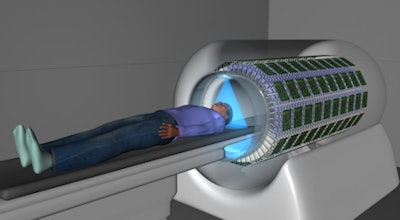
A consortium that is developing a total-body PET scanner called Explorer has chosen two partners to help create the system.
United Imaging Healthcare America, a North American subsidiary of Shanghai United Imaging Healthcare, and SensL Technologies of Cork, Ireland, will join the Explorer project on the University of California, Davis (UCD) campus.
The Explorer scanner is expected to feature more than 560,000 detector elements and be able to view all organs of the body simultaneously, UCD said. The final design is also expected to generate a 40-fold increase in effective signal over current PET technology. The enhanced image quality and reduced radiation exposure would benefit patients undergoing tests for a variety of illnesses such as cancer, heart disease, and neurological conditions, according to the university.
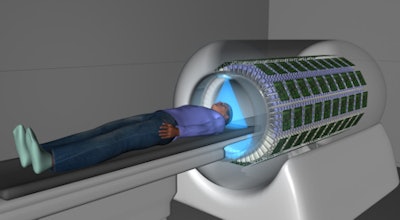 Image courtesy of the Explorer project.
Image courtesy of the Explorer project.United Imaging Healthcare America was selected to build the first prototype total-body PET scanner after an extensive review of potential commercial partners. The detector technology in the scanner will come from SensL Technologies and incorporate the latest-generation solid-state silicon photomultiplier light sensors, instead of the vacuum-based photomultiplier tubes used in conventional PET scanners, UCD said.





